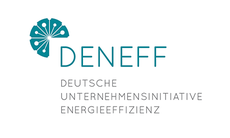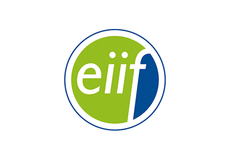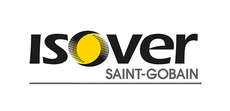Search eceee proceedings
Non-energy benefits of Swedish energy efficiency policy instruments – a three-levelled perspective
Panel: 1. Policies and programmes to drive transformation
This is a peer-reviewed paper.
Authors:
Therese Nehler, Linköping University, IEI/Department of Management and Engineering, Sweden
Patrik Thollander, Department of Management and Engineering, Division of Energy Systems, Sweden
Liselott Fredriksson, Linköping University, Sweden
Sara Friberg, Linköping University, Sweden
Tove Nordberg, Linköping University, Sweden
Abstract
Industrial energy efficiency (EE) is widely recognised to be one of the most important means for achieving environmental sustainability. However, a large share – up to 50% – of the potential for EE in industry is still untapped. Previous studies have shown that there are potential additional effects beyond energy savings, referred to as non-energy benefits (NEBs), such as improvements in relation to production, operation and maintenance, the work environment or the external environment. Nevertheless, there is a need to fill a knowledge gap about how NEBs can be communicated to industries and how they are linked to policy instruments (PIs) for improving industrial EE. In Sweden, several PIs have been launched with the aim of improving EE. The Swedish Environmental Code (MB), the Act on Energy Audits (EKL), the Swedish Energy Audit Programme (EKS) and Industrial Energy Efficiency Networks (networks) are examples of PIs that are in use in Swedish businesses, and they are the focus of this paper. The aim of this study was to map the NEBs arising as a result of Swedish PIs for EE measures in the industrial sector. In-depth interviews were held with administrators, energy auditors and companies about the four PIs to investigate how NEBs are perceived by actors at these levels. Results showed a variety of NEBs identified for the various PIs and revealed that NEBs were generally perceived positively by the interviewees. Moreover, the results also revealed that it is difficult to directly link one NEB to a specific PI. Administrators tend to be those who are most aware of NEBs and work actively with the concept, while energy auditors and companies were somewhat less aware.
Downloads
Download this paper as pdf: 1-132-18_Nehler.pdf
Download this presentation as pdf: 1-132-18_Nehler_pres.pdf















